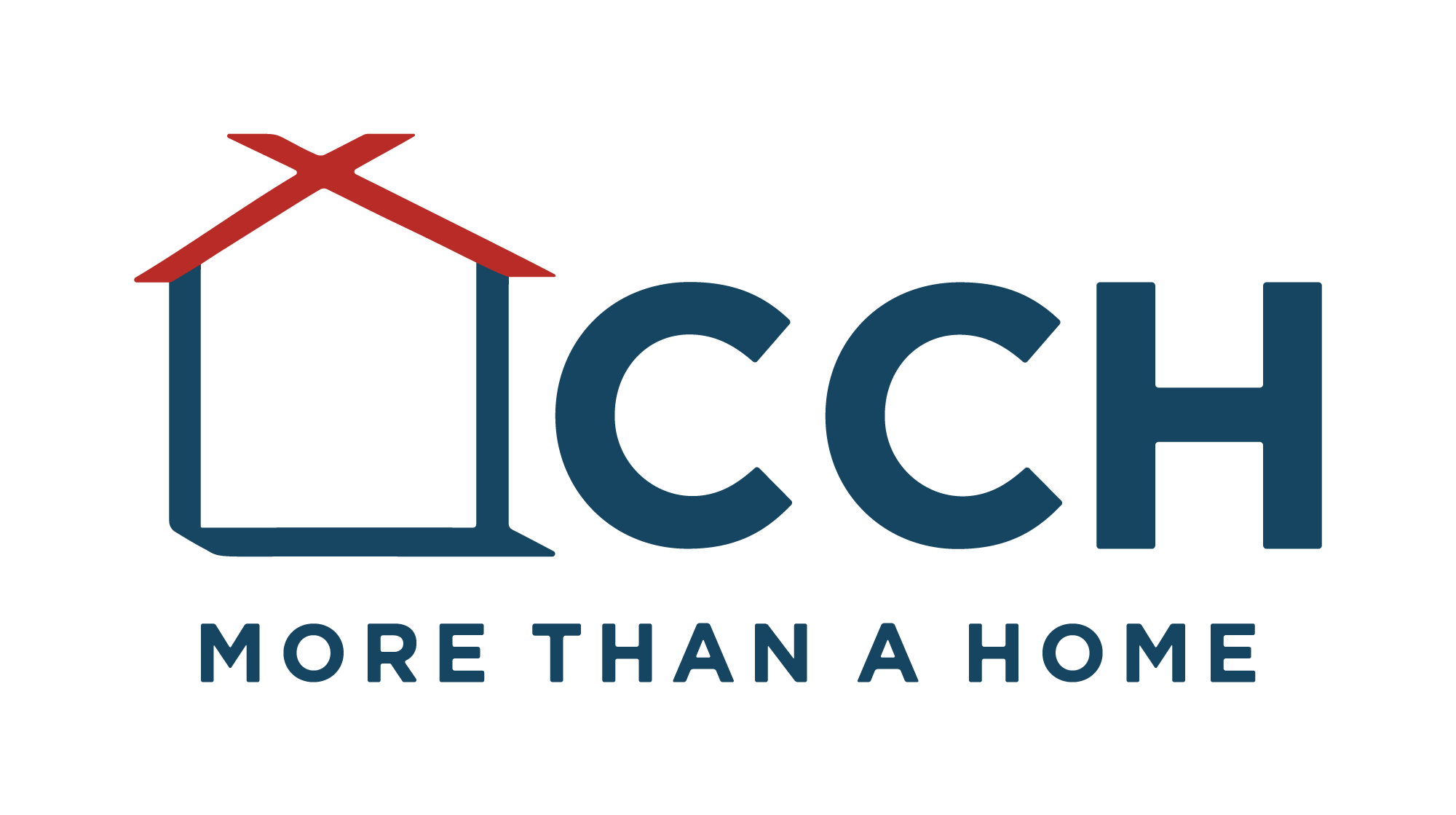 It is difficult for many, and most especially trusting elders, to sometimes distinguish between legitimate phone calls and those of scammers. Perhaps you’ve experienced someone claiming to be from the IRS who uses intimidation and threats to demand payment or you’ll be placed in jail. Similarly, other phone scams include demanding money to get a loved one out of jail or monetary help for a friend or family member to return home from traveling abroad. The scam artists can be very convincing, using fear tactics to have you give them what they want. How can you protect yourself and others from these types of scams?
It is difficult for many, and most especially trusting elders, to sometimes distinguish between legitimate phone calls and those of scammers. Perhaps you’ve experienced someone claiming to be from the IRS who uses intimidation and threats to demand payment or you’ll be placed in jail. Similarly, other phone scams include demanding money to get a loved one out of jail or monetary help for a friend or family member to return home from traveling abroad. The scam artists can be very convincing, using fear tactics to have you give them what they want. How can you protect yourself and others from these types of scams?
One way to reduce unsolicited calls is to register both your home and cell phone numbers with the Federal Trade Commission’s National Do Not Call Registry. Call 1-800-382-1222 from the telephone number you wish to register, or go to www.donotcall.gov to sign up. Once you’ve registered, solicitors have 31 days to remove your information from their call list and they are prohibited from contacting you. If you receive a call after the 31 days, notify the caller you are on the Do Not Call Registry and ask them to remove your contact information. If they continue to call, you can report them to the FTC’s complaint website. However, there is a catch – the no call list does not apply to organizations you currently do business with (i.e. your bank) or tax-exempt organizations such as charities or political calls.
So, now what can be done? Be sure to monitor your calls. Here are a few indications you might be talking to a scammer:
- The caller is asking you to provide sensitive information
- The caller is threatening or bullying you
- The caller demands money, especially in the form of a money order
- The called refuses to remove your information from their call list
- The caller claims to be from the IRS or another “official source” and demands money or other sensitive financial information
- The called threatens you with arrest if you do not comply
Also, do not be fooled by the caller ID, which can be easily manipulated using free online tools. This is called “spoofing.” Be careful not to fall for spoofing scams.
If in doubt whether a call is legitimate or not, simply hang up! If someone claims to be from your bank, a credit card company or other official organization, you can always hang up, find the organization’s phone number and call them back directly. It is better to be safe than sorry.




